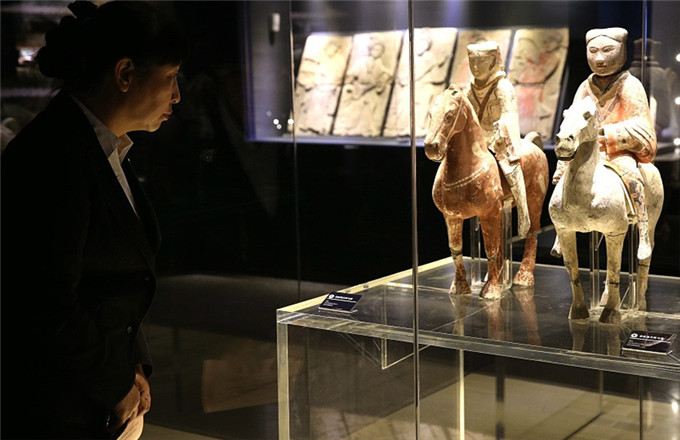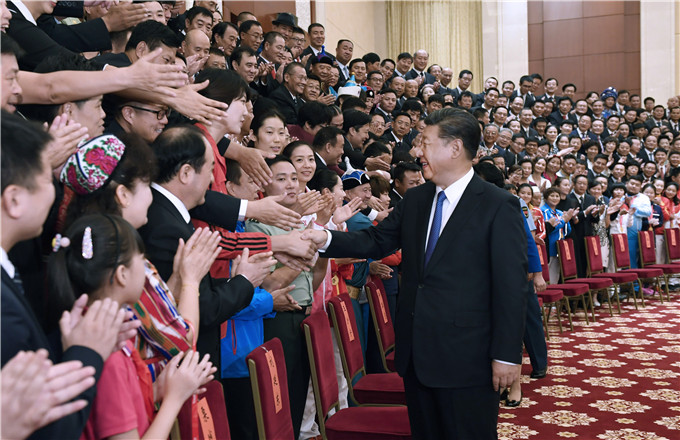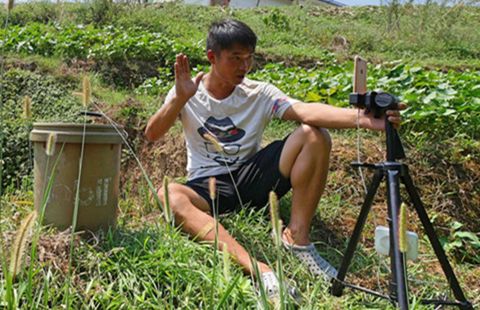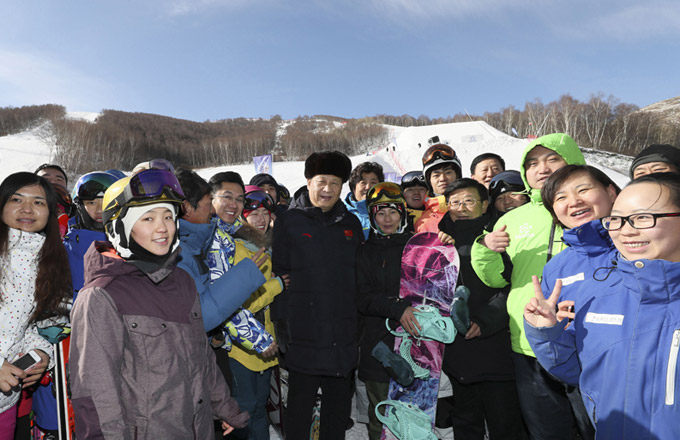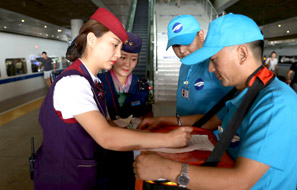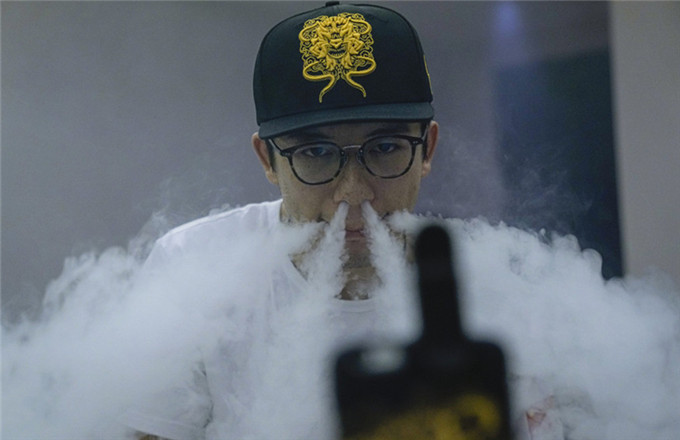Learning to love life again, one step at a time
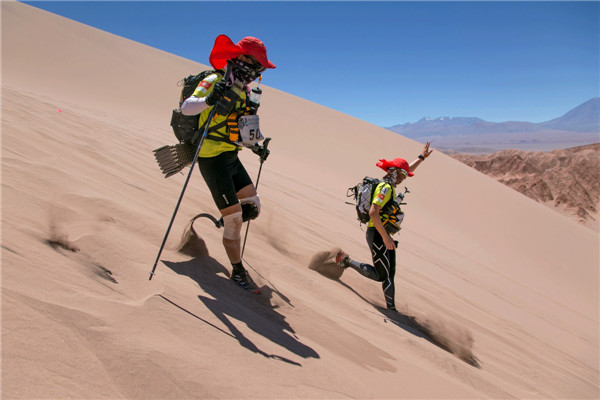 |
|
Camel Fung Kam-hung (left) crosses the Atacama Desert in Chile on his single blade. [Photo/4DESERTS.COM/ATACAMA CROSSING] |
Sixteen amputees participated in the Running Clinic, which was organized by the Ottobock Group, a German prosthetics company. They were taught to walk and run as if they had no impairment at all.
The trainer was Heinrich Popow, a Paralympean who won a sprinting gold medal for Germany. He understood that a lack of self-confidence is the biggest stumbling block for amputees learning to walk and run normally once again.
"They just don't believe they can do it like other people," he said, adding that he believes running is a panacea for them.
"If you can finish a sprint, there is no difficulty going shopping with your wife and kids. Sports are something above daily life. It is especially critical for amputees to regain their confidence."
Popow asked the trainees to set a goal and run every day. However, they are not allowed to raise questions or doubts that could destroy their initiative.
With little hesitation, Yu set her goal at 500 meters. She started in the playground with Popow. "I almost cried when my legs started to run. Feelings that had been lost for so many years came back and became unforgettable," she said.
She found peers and even role models at the Running Clinic, including Camel Fung Kam-hung, a 65-year-old who was the first person in Hong Kong to be fitted with a running blade when the device was introduced in the city 10 years ago.
Fung taught physical education at a primary school, but his career ended when he lost his left leg in a traffic accident 38 years ago.
"As a person in a sports-related occupation, I probably experienced more frustration than most after the amputation," he said. "I had to give up my career and become a clerk. I felt I was being wasted."
It took more than two decades before he found the blade. "The light, elastic blade makes running easier. I started taking up sporting activities," he said.
Distance running became Fung's solace and compensation. His legs no longer felt useless. Better still, he learned he could measure up to able-bodied people, and sometimes even do better.
When he retired from his office job, Fung joined a 100-kilometer hike. Later, he completed a half-marathon. Then he signed up for a grueling competition; a seven-day, 250-km trek across the Atacama Desert in Chile, teaming up with his wife and a friend.
Fung was the first amputee to finish the Atacama Crossing. He and his two companions also won the team competition. People talked about how Fung showed terrific resilience in the face of many trials during the long walk.






